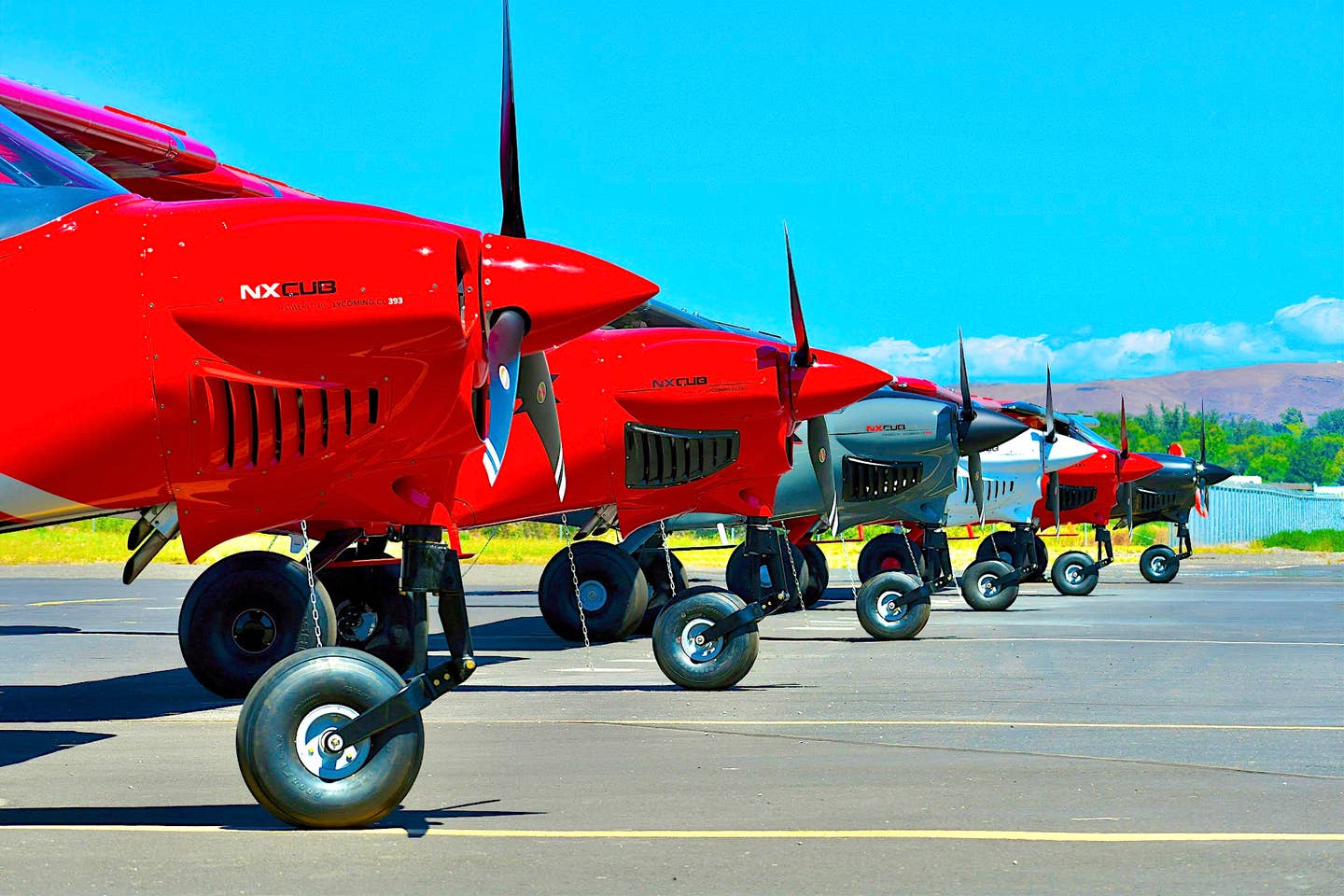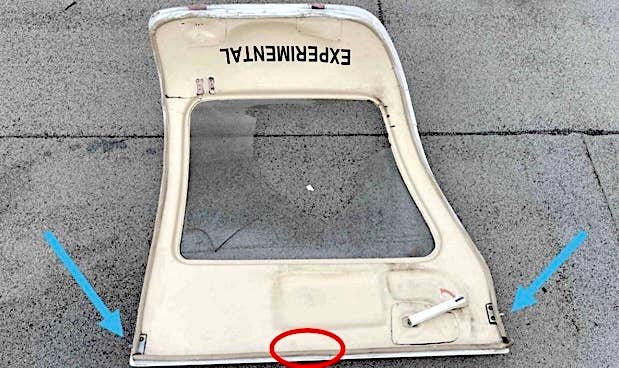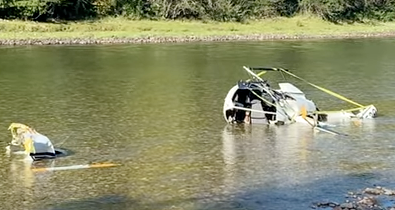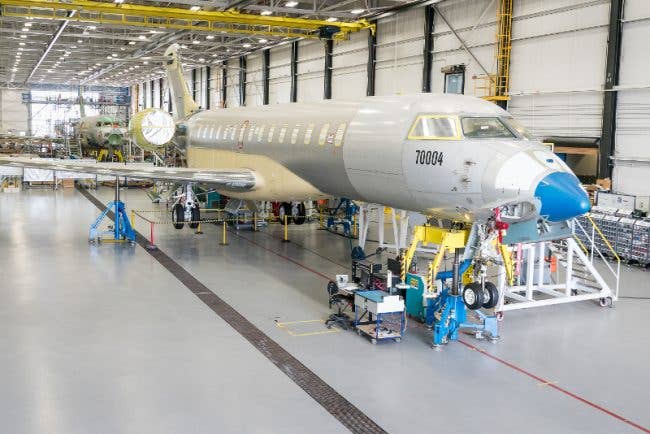USDA Extends Biofuels Project
The USDA is extending for five years a 2010-2012 program that joins the FAA with partners from the commercial aviation segment to develop biofuels for the aviation industry. Participants include the USDA, the FAA, Boeing and a trade group called Airlines for America. The program will focus on evaluating feedstock and supply chains with the goal of creating a viable domestically produced drop-in replacement for Jet-A derived from renewable sources. As forproduction, the USDA says thecoalition hopes to support the annual production of one billion gallons of drop-in aviation biofuel by 2018. The program is not without its critics.

The USDA is extending for five years a 2010-2012 program that joins the FAA with partners from the commercial aviation segment to develop biofuels for the aviation industry. Participants include the USDA, the FAA, Boeing and a trade group called Airlines for America. The program will focus on evaluating feedstock and supply chains with the goal of creating a viable domestically produced drop-in replacement for Jet-A derived from renewable sources. As forproduction, the USDA says thecoalition hopes to support the annual production of one billion gallons of drop-in aviation biofuel by 2018. The program is not without its critics.
The program has seen opposition from livestock producers and fuel refiners. And last week, legislation has been introduced in the House of Representatives that aims to remove a requirement for renewable fuels to be blended with diesel and gasoline supplies in the U.S. Critics contend that the program's use of agricultural resources has contributed to a rise in food prices and that blending requirements could affect gasoline prices. That position is contested by U.S. Agriculture Secretary Tom Vilsak, who told Reuters, "There are industries and folds who are deeply concerned about the progress that is being made, who want to slow that progress down."






